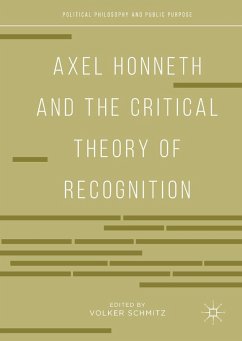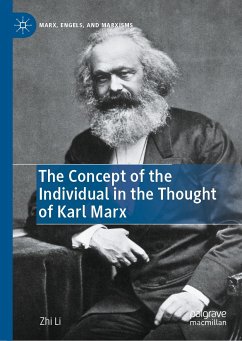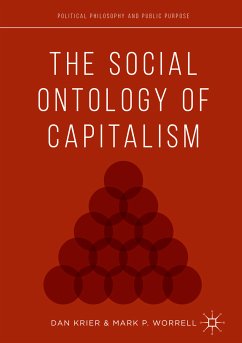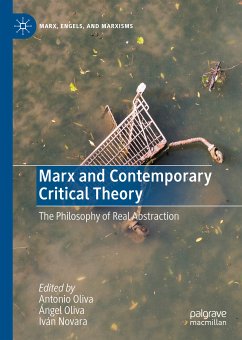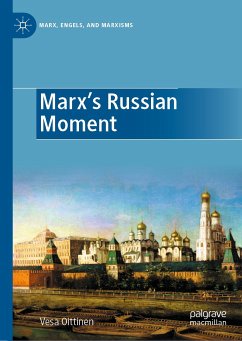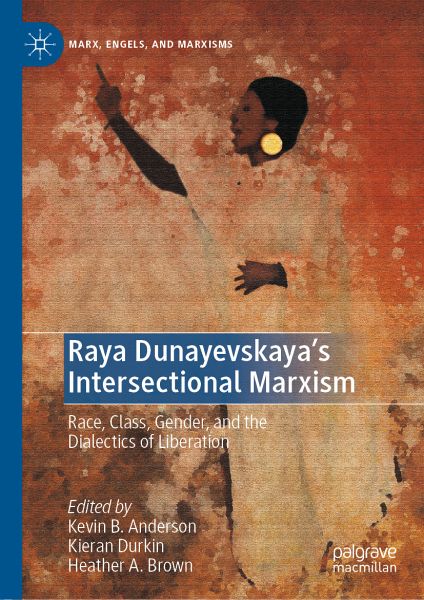
Raya Dunayevskaya's Intersectional Marxism (eBook, PDF)
Race, Class, Gender, and the Dialectics of Liberation
Redaktion: Anderson, Kevin B.; Brown, Heather A.; Durkin, Kieran
Versandkostenfrei!
Sofort per Download lieferbar
28,95 €
inkl. MwSt.
Weitere Ausgaben:

PAYBACK Punkte
14 °P sammeln!
Raya Dunayevskaya is one of the twentieth century's great but underappreciated Marxist and feminist thinkers. Her unique philosophy and practice of Marxist-Humanism-as well as her grasp of Hegelian dialectics and the deep humanism that informs Marx's thought-has much to teach us today. From her account of state capitalism (part of her socio-economic critique of Stalinism, fascism, and the welfare state), to her writings on Rosa Luxemburg, Black and women's liberation, and labor, we are offered indispensable resources for navigating the perils of sexism, racism, capitalism, and authoritarianism...
Raya Dunayevskaya is one of the twentieth century's great but underappreciated Marxist and feminist thinkers. Her unique philosophy and practice of Marxist-Humanism-as well as her grasp of Hegelian dialectics and the deep humanism that informs Marx's thought-has much to teach us today. From her account of state capitalism (part of her socio-economic critique of Stalinism, fascism, and the welfare state), to her writings on Rosa Luxemburg, Black and women's liberation, and labor, we are offered indispensable resources for navigating the perils of sexism, racism, capitalism, and authoritarianism. This collection of essays, from a diverse group of writers, brings to life Dunayevskaya's important contributions. Revisiting her rich legacy, the contributors to this volume engage with her resolute Marxist-Humanist focus and her penetrating dialectics of liberation that is connected to Black, labor, and women's liberation and to struggles over alienation and exploitation the world over. Dunayevskaya's Marxist-Humanism is recovered for the twenty-first century and turned, as it was with Dunayevskaya herself, to face the multiple alienations and de-humanizations of social life.
Dieser Download kann aus rechtlichen Gründen nur mit Rechnungsadresse in A, B, BG, CY, CZ, D, DK, EW, E, FIN, F, GR, HR, H, IRL, I, LT, L, LR, M, NL, PL, P, R, S, SLO, SK ausgeliefert werden.



